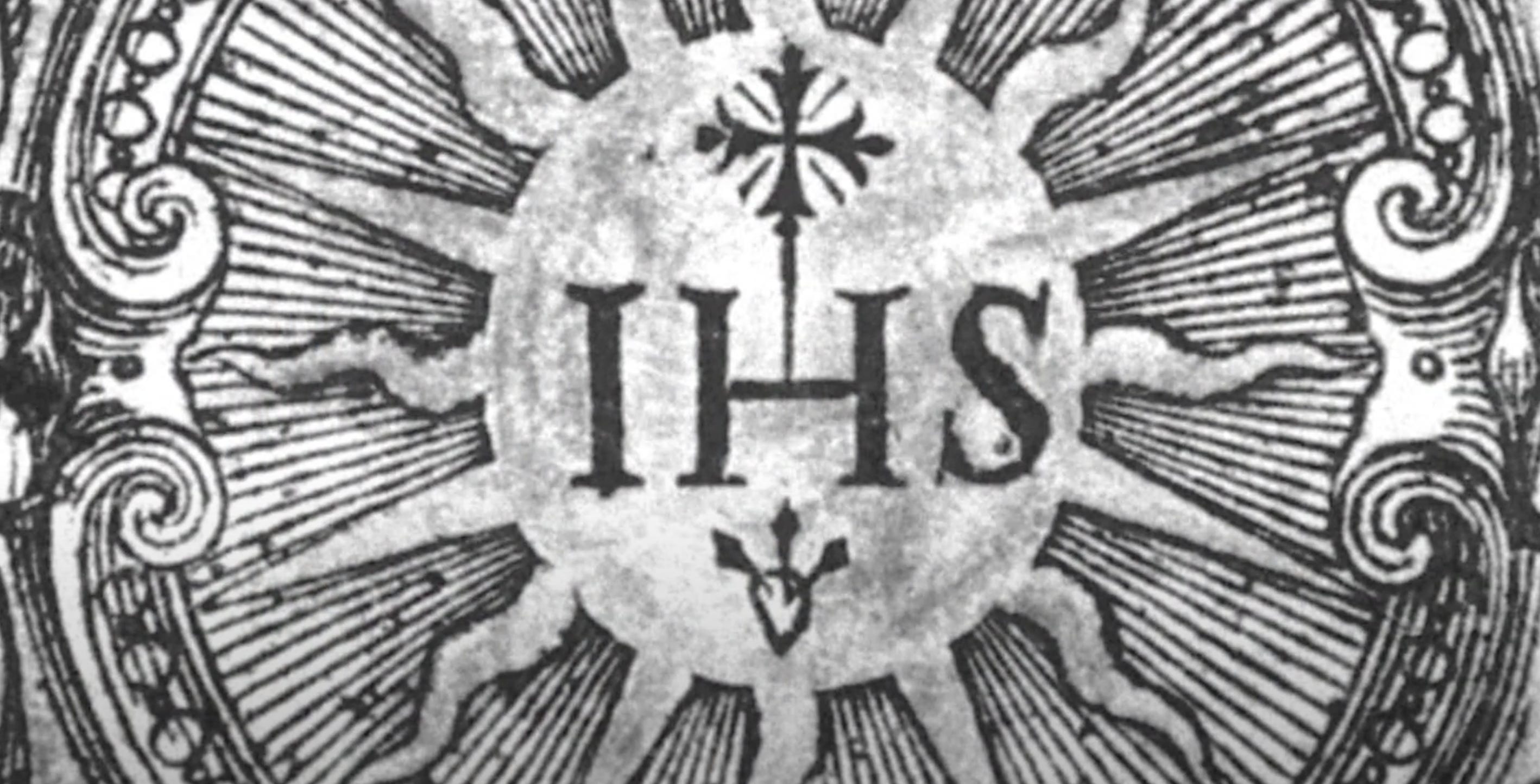The Transformative Power of Grace: A Response to Elon Musk’s “Cultural Christianity”
In a recent interview with Dr. Jordan Peterson, Elon Musk describes himself as a “cultural Christian,” admiring Jesus’ teachings while sidestepping religious practice. Musk’s stance highlights a widespread misconception in contemporary society: viewing Christianity merely as a moral code rather than a transformative relationship with God. This misunderstanding strips Christianity of its essence, reducing it […]



In a recent interview with Dr. Jordan Peterson, Elon Musk describes himself as a “cultural Christian,” admiring Jesus’ teachings while sidestepping religious practice. Musk’s stance highlights a widespread misconception in contemporary society: viewing Christianity merely as a moral code rather than a transformative relationship with God. This misunderstanding strips Christianity of its essence, reducing it to a set of ethical guidelines rather than a dynamic, grace-filled journey towards divine intimacy.
Musk’s admiration for Jesus’ teachings is certainly commendable. The ethical teachings of Jesus, such as the Sermon on the Mount, have profoundly influenced Western moral thought and continue to inspire millions. However, Catholic theology insists that being good isn’t merely about knowing or even believing the right things; it’s about receiving God’s grace, especially through the sacraments. This grace is not an optional extra; it is the very means by which we are empowered to live virtuously.
The Limits of Ethical Knowledge
Aristotle taught that knowing the good is essential to doing the good. This emphasis on ethical knowledge has been a cornerstone of Western philosophy for centuries. However, Catholicism builds upon and transcends this idea by asserting that divine help is indispensable for truly embodying the good. According to Catholic doctrine, human beings, wounded by original sin, are incapable of achieving true virtue on their own. We need grace—a supernatural gift from God—to heal our nature and elevate our actions.
The sacraments are the primary means through which Catholics receive this grace. Baptism initiates us into the divine life, washing away original sin and infusing us with sanctifying grace. The Eucharist, described as the “source and summit of the Christian life,” nourishes us with the Body and Blood of Christ, sustaining our spiritual journey. Confession provides reconciliation with God, restoring grace lost through sin. Each sacrament offers a unique encounter with the divine, strengthening our relationship with God and transforming us from within.
The Sacraments: Channels of Grace
Elon Musk’s perspective, like that of many modern individuals, overlooks this crucial aspect of Christianity. By focusing solely on the moral teachings of Jesus, he misses the transformative power of the sacraments. The sacraments are not mere rituals; they are efficacious signs of grace, instituted by Christ, that bring about what they signify. They are tangible encounters with the divine that change us deeply—mind, body, and soul.
Consider the sacrament of the Eucharist. In receiving the Eucharist, Catholics believe they are receiving Christ himself, not symbolically, but truly and substantially present under the appearances of bread and wine. This intimate union with Christ nourishes the soul, fortifies the will, and enables believers to grow in virtue. It is a profound mystery that goes beyond intellectual comprehension, requiring faith and trust in God’s promise.
Similarly, the sacrament of Confession offers more than psychological relief; it provides real absolution from sin and the restoration of grace. Through the priest, Christ himself forgives and heals, allowing the penitent to start anew. This sacrament underscores the importance of humility and repentance in the Christian life, reminding us that we are always in need of God’s mercy and grace.
Beyond Moralism: The Call to Holiness
Christianity, therefore, is not just about ethical actions; it is about a profound, grace-filled relationship with the divine. This relationship calls us to holiness, a state of being that transcends mere moral behavior. Holiness involves a total transformation of the person, a becoming more like Christ through the indwelling of the Holy Spirit. It is a lifelong journey of conversion, marked by continual growth in virtue and deeper union with God.
This call to holiness is often misunderstood in a secular age that prizes autonomy and self-sufficiency. The modern ethos tends to value moralism—doing good deeds—without recognizing the need for divine assistance. Musk’s “cultural Christianity” embodies this ethos, appreciating the ethical teachings of Jesus while neglecting the spiritual realities that underpin them. It is a truncated vision of Christianity that lacks the depth and richness of the faith.
The Transformative Encounter with Christ
Catholicism invites believers into a transformative encounter with Christ, an encounter that changes everything. This encounter is mediated through the Church, the sacraments, and the community of believers. It is a communal and sacramental journey, not a solitary or purely intellectual one. The grace received through the sacraments empowers believers to live out their faith in concrete, tangible ways, impacting not only their own lives but also the world around them.
In an age where digital interactions often replace personal encounters, the physical and tangible aspects of the sacraments take on even greater significance. They remind us that our faith is incarnational, grounded in the reality of God becoming man in Jesus Christ. This incarnational aspect is what makes Christianity unique among world religions – it is not just about following a set of ethical teachings but about entering into a living, dynamic relationship with the God who became flesh.
The Heart of Faith
Elon Musk’s self-description as a “cultural Christian” reflects a common but incomplete understanding of Christianity. While admiring Jesus’ moral teachings is laudable, it misses the heart of the faith: the transformative power of grace and the profound relationship with God nurtured through the sacraments. Catholic theology teaches that we need more than ethical knowledge; we need divine help to truly embody the good. This help comes through the grace of the sacraments, which empower us to live virtuously and grow in holiness.
As we navigate an increasingly secular and digital world, it is crucial to remember the irreplaceable value of the physical, the tangible, and the sacramental. These elements are not mere relics of the past but vital components of our spiritual and cultural identity. By embracing the fullness of the Christian faith, we can experience the transformative power of grace and the profound joy of a relationship with the divine that goes beyond mere moral behavior.
Editor’s Note: To listen to the interview referenced in this article, visit X.
Photo by Albert Stoynov on Unsplash














